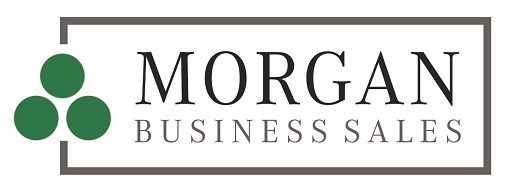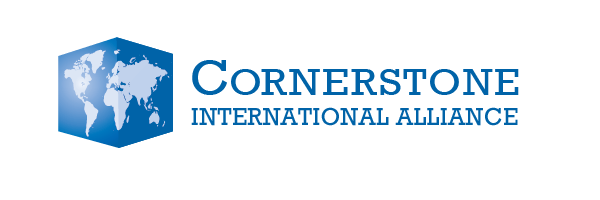Dru recently had a conversation with Sydney Business Broker Sean Wolrige to discuss the ins and outs of selling a Surveying business in Australia. Sean is one of Australia’s most distinguished sellers of surveying businesses having been involved in a number of transactions over the years. He had some great advice for prospective sellers with some key takeaways being:
Timeline – Prepare Early
Selling any business takes time. To achieve the best outcome possible, it’s important not to rush the process. Sean’s advice is to keep time in mind when future planning, ideally giving yourself a three year window to prepare for market, transact and then handover. Sellers do themselves a disfavour when they only give themselves a 12 month window to be out of the business completely. Often having to settle for a price that doesn’t reflect the work they’ve put in.
Sale Price Maximisation – Management Team
Surveying businesses where all key relationships are with the departing seller can be challenging to sell. Potential acquirers worry about what will happen to the business once the seller has completed their handover. Surveying operations that have a management structure in place and aren’t dependent on the seller are much more attractive to a broader buyer pool which drives up the sales price.
Key Consideration – Human Resources
A key motivation for an industry buyer to acquire another surveying business is talent. It’s hard to attract and retain quality surveying professionals in the current market so acquirers look to do this is one move with an acquisition. For this reason, it is important that a businesses culture and HR systems are well established when heading to market. Businesses with a decent sized team where there is great talent retention perform well in the market. Buyers are typically happy for employee share agreements to carry across.
Buyer Profile
Surveying businesses typically transact to other related professional service businesses. Either another surveying company who is looking to increase their local market share or expand interstate. Or by a related company like an engineering firm who are looking to establish a one-stop shop. Demand is strong across both metropolitan and regional locations.
Sales Price Maximisation – Client Diversity
Many surveying operations depend on a few key clients for the majority of their revenue such as a local council or a developer. While this work is great for an acquirer it also comes with risk. What happens to their investment if this client leaves post acquisition? To minimise this risk and make an opportunity as attractive as possible, a business will ideally have no client responsible for more than 20% of revenue.
Do you have a surveying firm that you’re interested in taking to market? We would love to hear from you. Book a complementary consultation with a market expert today.





